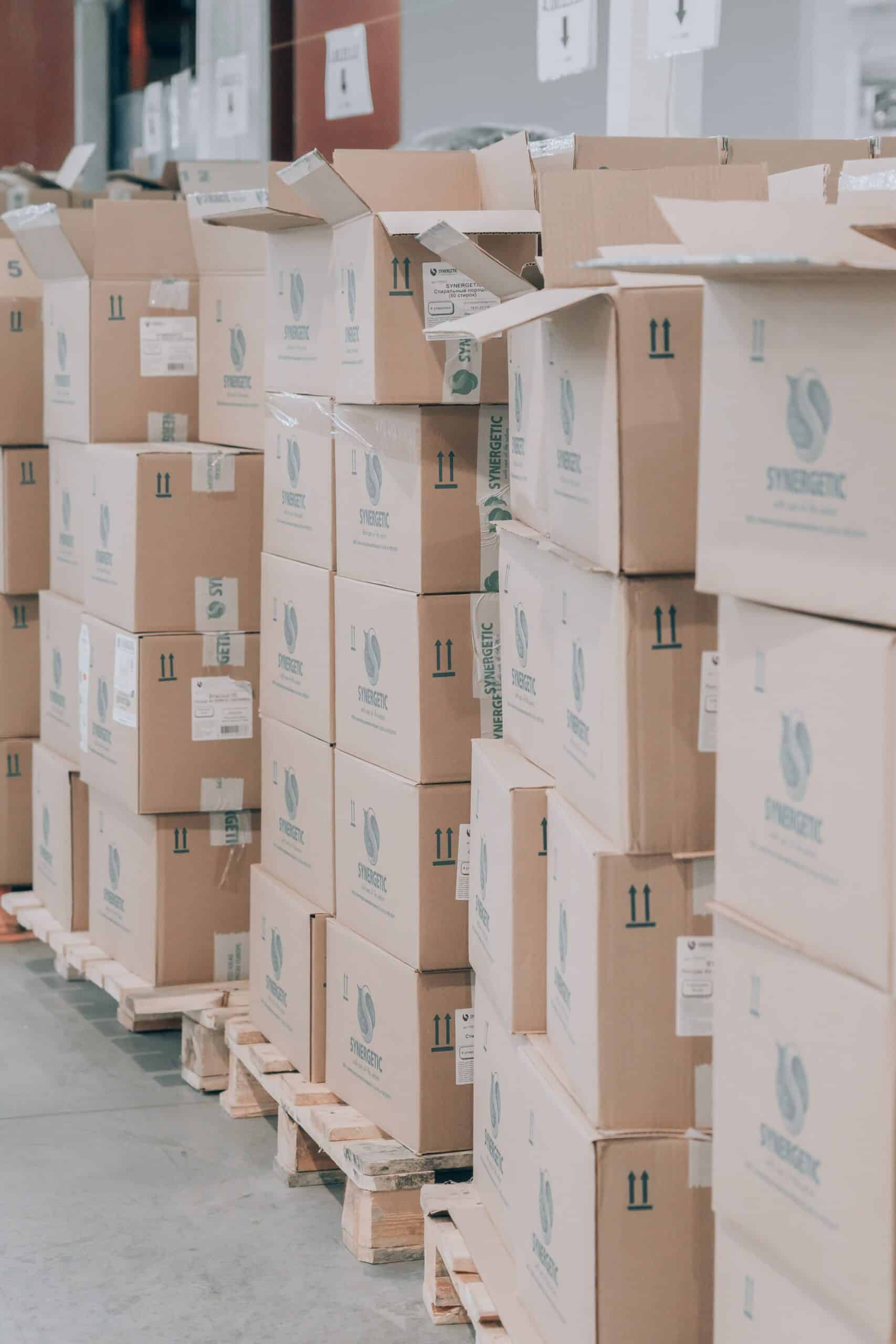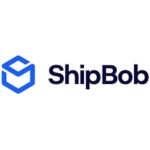Ecommerce fulfillment is one of the key components of retaining customers for your business. If this service isn’t executed perfectly, it doesn’t matter if you have the perfect product because you will likely still lose loyal customers without an appropriate eCommerce fulfillment strategy.
As such, eCommerce can be one of the driving factors behind your ability to generate revenue for your business. In an effort to strategize which type of eCommerce fulfillment service is best suited for your business, take a look at what exactly this service entails.
How Does Ecommerce Fulfillment Work?
Ecommerce fulfillment is the process designed to get a product delivered to a customer after it was ordered online. This includes everything from storing inventory to transporting the items at the customer’s desired destination.
Here is a clear outline of all of the steps that the items will go through prior to arriving in the customer’s home:
- Storage of inventory
- Processing the order from the online platform
- Selecting the ordered items from the inventory
- Packing these items
- Delivering to the customer’s destination
Components of Ecommerce Fulfillment
Although there was a brief overview of what eCommerce fulfillment steps include, let’s go into more detail on what each step actually entails.
Store and Fulfillment Integration
Having a large space to store inventory is an essential part of running a successful eCommerce store. However, it is important that there is a seamless integration between this storage space and the business itself.
An order fulfillment center is a place in which your inventory is stored. From there, you can select the desired products to be shipped out to customers.
Therefore, without clear communication between the orders that are processed and the location in which items are fulfilled, issues in your fulfillment process may arise.
Receiving and Inventory Management
In order to keep your inventory in stock, it is important to ship your merchandise to your respective fulfillment centers. Without an inventory, no sales can be made, so it is crucial that these products are stored within the center.
Additionally, there is sometimes a stall in the process of storing these products since they are often left on the loading dock. However, with efficient inventory management, this shouldn’t be a large problem.
Order Fulfillment
Order fulfillment is the final step prior to delivering the item. The fulfillment center chooses the desired product, packs this product, and ships it off to its final destination.
Mistakes made in this step can be a big issue for eCommerce businesses. Without an order being accurately fulfilled, this can lose you a huge chunk of revenue and returning customers.
Returns Processing
Returns are just a part of business, so it is a part of the fulfillment process. To ensure these returns are processed correctly and quickly, is dependent on the fulfillment provider you choose.
Without this, you are losing out on potential revenue. Some centers can process and store returned products as quickly as one or two days of receiving the item.
How To Choose Ecommerce Fulfillment Services
Since fulfillment is a cornerstone of a successful eCommerce storefront, here are some factors you need to consider prior to agreeing to one.
Inventory Management
When choosing an eCommerce fulfillment provider, see what their inventory management structure includes. Ask important questions. How quickly can these products be processed? What is their rate of accuracy?
Can I access the inventory management system outside the center? By asking these questions, you will be able to better assess how strong their inventory management system is.
Fulfillment Software & Data Analytics
The majority, if not all, of fulfillment centers utilize fulfillment software that helps to automate and assist throughout this supply chain process. Many of these software also share crucial data on the inventory that could be useful as part of your marketing strategy.
They can be beneficial when it comes to product launches, too. Moreover, these softwares support the fulfillment center when it comes to product management.
Distributed Inventory
Although having a central fulfillment center has been shown to shorten delivery times, this is sometimes not realistic for some eCommerce businesses. With fulfillment warehouses that have multiple locations, they can help you ship and distribute your inventory to create an optimal fulfillment process. Additionally, this can be more beneficial for businesses that ship internationally.
Fast Shipping
It is no shock that customers want fast shipping. However, this is oftentimes hard to achieve without an efficient fulfillment system.
Depending how quickly these eCommerce fulfillment warehouses process your merchandise can heavily affect your shipping times. So, it is important to look at their average shipping times and processing timeline.
International Order Fulfillment
International order fulfillment can be tricky. If this is a key issue for your business, search for fulfillment centers that have locations in the desired international locations.
Moreover, make sure these fulfillment centers utilize the same warehouse management system, whether internationally or domestically, so there is no miscommunication.
Return Management
As stated previously, without an efficient return management system, your business can be losing potential inventory. Ask to see their return management process and what the timeline is on returned products. Although this may not seem like a pressing issue, without returns being handled seamlessly, it can also lose customer retention.
B2B Fulfillment
Working with an eCommerce fulfillment shipper that has B2B fulfillment helps you centralize multichannel inventory management and fulfillment for specific businesses. This allows you to ship large batches of products to businesses. Moreover, some fulfillment providers operate with both business-to-consumer (B2C) and business-to-business (B2B).
Customization
Lack of customization can be one of the downfalls of using a fulfillment provider. However, some eCommerce fulfillment can help you with kitting and customization.
This can include putting custom notes, packaging, design, or extra goodies for selected customers. Customization has shown to incline consumers to be more confident in their purchases and less likely to return it.
Customer Service
Mistakes happen, that is why it is important to have quality customer service. When there is an issue with a fulfillment order, or a miscommunication, it is crucial to be able to reach those who are working on the issue. When choosing a fulfillment provider, customer service should be one of the top categories to consider.
Advantages of Ecommerce Fulfillment
There are various advantages of the eCommerce fulfillment process:
- Able to expand and grow your eCommerce business
- Effectively distributing and storing your inventory
- Reducing operational costs
- Retaining a loyal customer base
Disadvantages of Ecommerce Fulfillment
However, there are some downsides to shine light on when it comes to the fulfillment process.
- Loss of control over inventory management
- Higher costs depending on chosen fulfillment service
- Lack of customization in products
- Shipment delay if there are bottlenecks in the supply chain
Ecommerce Fulfillment vs Drop Shipping
Ecommerce fulfillment and dropshipping are two different types of fulfillment services. Ecommerce fulfillment has the store owners source or creates their merchandise.
However, dropshippers don’t do this. With dropshipping, these eCommerce storefronts do not source their merchandise but rather purchase them from a dropshipper to ship to their customers.
Choosing Your eCommerce Fulfillment Center
How seamless your fulfillment process is, is essential to the success of your eCommerce business and customer outreach. Depending on what you wish to prioritize in your eCommerce fulfillment process, can narrow your search for fulfillment providers.
Some providers will be able to do fast shipping but may not have great customer service. Find what eCommerce fulfillment center is best suited for you once you categorize your top priorities in a provider.
FAQ
The types of order fulfillment include in-house, outsourcing, drop shipping, and hybrid.
A fulfillment strategy is the strategy used by businesses to get their products to their consumer base.
An order fulfillment cycle is a time it takes for an order to be processed to its final destination.
Sign up for a FreightWaves e-newsletter to stay informed of all news and trends impacting supply chain careers and operations.



